Most of us will know, or have known, a loved one with dementia. As memory slips away, it can take with it language, knowledge and even selfhood. But something beautiful can still remain, writes Noga Arikha.
The experience of dementia is sadly common. According to the WHO, around 55 million people worldwide are living with it now – and those are the known cases. In the UK, there are over 600,000 registered patients. The numbers increase as the population ages: even though dementia isn’t necessarily associated with old age, the statistical likelihood of developing it increases hugely as one gets older. Dementia is an illness, or rather, a family of illnesses, all of which have in common the destruction of neurons by way of the dysfunction of proteins that make them up. This physiological causality is certain, even though its complexity is such that it is not yet understood enough for any of the many treatments that have been researched and tried to stop the damage as the proteins go rogue.
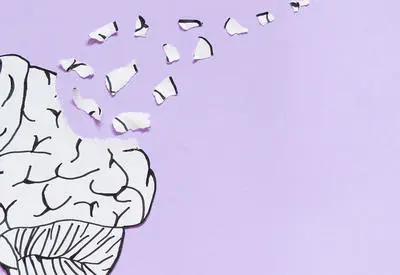 SUGGESTED READING
Forgetting is more important than remembering
By Scott A. Small
SUGGESTED READING
Forgetting is more important than remembering
By Scott A. Small
And beyond the physiology, there are the symptoms, the disruption in lives and relationships, the massive, visible effects of the cellular blight that goes on beneath the skull. The disruption is gradual: dementia is not a state. It is, like most things, indeed like all of life, a process, one that progressively results in the disruption of life. The sense of time and place, appetite, memory, and more, gradually become dysfunctional, out of synch with each other and with the rest of the world. Reading and writing are unlearned. Motor control becomes tenuous. The self is unwound, its layers dismantled, and as the past becomes illegible, so the present ceases to make sense, and the future becomes an impossibility.
If you are reading these lines, it is likely that you are well, and cognitively functional. But you may know someone who has dementia, or be close to someone who has a family member affected by it. Many of us, in short, know what it is like to contend with those whose cognitive functions are being dismantled – in other words, the phenomenology of dementia is a sadly familiar trope. Yet it is a complex phenomenon and an intractably strange experience, and it bears further, considered exploration. I wrote about this experience in a recent book that explores how the self studies itself, and how it loses itself: initially centered on patients at a unit of neuropsychiatry, on their stories, the doctors examining them, and the science that could help understand their cases, it became also about my mother, whose dementia began to develop as I was writing.
___
Memory is not at all akin to a storage system: it is made of patterns that change with each reactivation. It is close to imagination – in fact, the loss of memory goes along with the loss of the capacity to imagine.
___







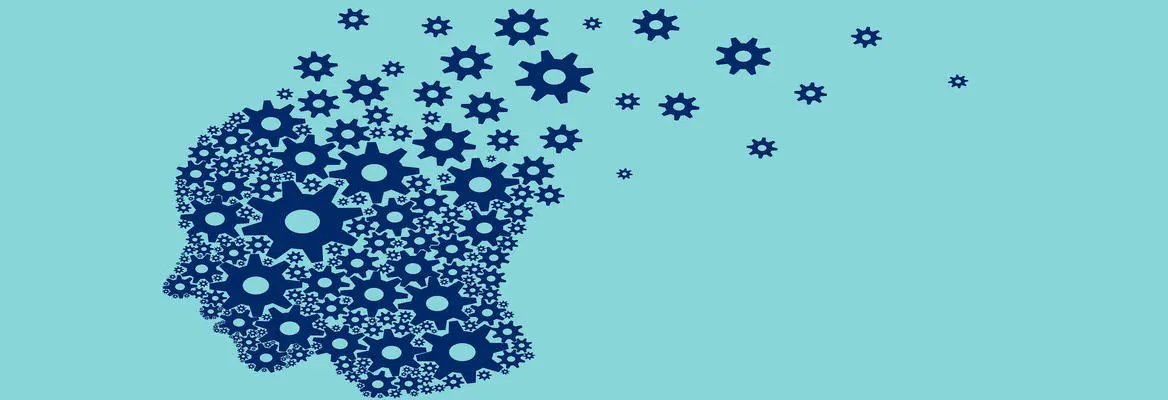



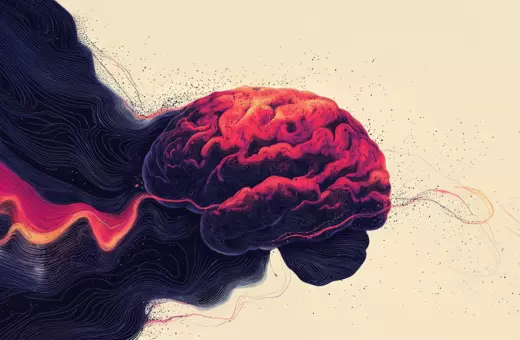

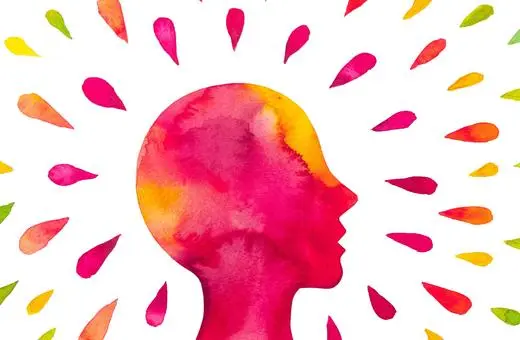
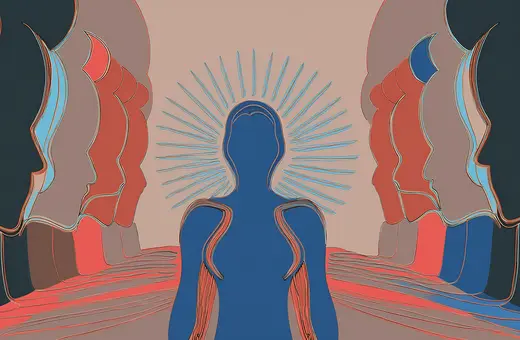


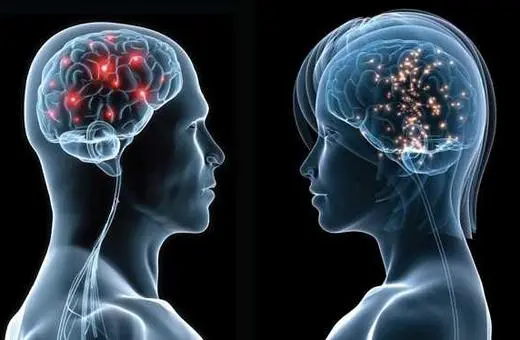



Join the conversation